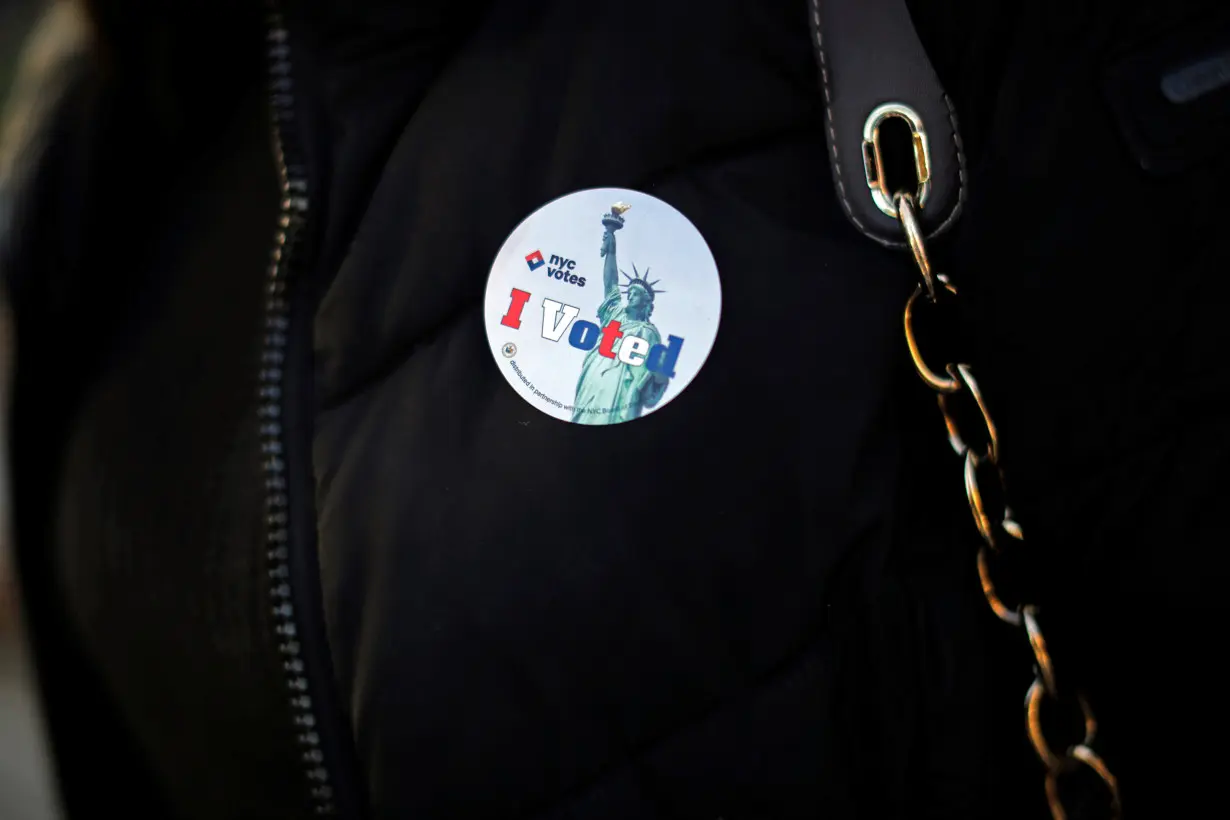(Reuters) - A Texas appeals court on Thursday reversed its prior ruling and acquitted a woman who had been sentenced to five years in prison for attempting to vote in the 2016 election against state law, after a higher court ordered it to reconsider.
Crystal Mason was convicted of illegally voting two years after that election by a trial court, which ruled that she tried to cast a provisional ballot despite being on supervised release from prison for a felony and therefore ineligible to vote.
The Texas Second Court of Criminal Appeals upheld that conviction in 2020, but two years later, the state's highest criminal court ruled that the appeals court had failed to require proof that Mason knew it was a crime for her to vote under those circumstances.
The appeals court's reversal of Mason's conviction on Thursday, after finding that prosecutors had indeed not sufficiently proven she knew her act was illegal, was hailed by voting rights advocates as a major victory in one of the U.S. states with the most restrictive voting laws.
Texas is among several Republican-controlled states that have enacted new limits on voting since the 2020 election in which President Joe Biden, a Democrat, defeated Republican incumbent Donald Trump, who falsely claimed voter fraud had cost him the race.
"This ruling gives us hope not just for Ms. Mason, but for the broader fight for voting rights in Texas," said Christina Beeler, voting rights attorney at the Texas Civil Rights Project, in a statement on Thursday.
Advocates have criticized Texas' restrictions as disproportionately impeding Black voters, like Mason, as well as Hispanic and other non-white voters who tend to vote for Democrats.
In 2021, Texas' Republican governor signed a law adding new mail voting identification requirements, banning drive-through and 24-hour voting sites, curbing early voting, empowering partisan poll-watchers and limiting who can help voters requiring help because of disabilities or language barriers.
A federal district court judge in Texas in November granted a motion from the U.S. Justice Department and civil rights groups to block parts of the law requiring officials to reject mail-in ballots and ballot applications based on minor errors or omissions, finding that they violated the U.S. Civil Rights Act of 1964.
(Reporting by Julia Harte; Editing by Chizu Nomiyama)






























